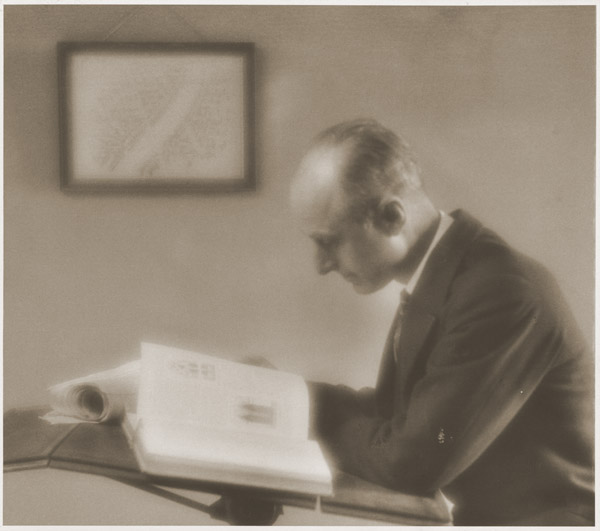Part of: Medieval and Early Print Studies Collection
Background
4to, 237 x 170 mm., 53 leaves, the complete Juzʾ (جزء) Qāla ʾalam (قال ألم) (XVI), containing text from the 18th Sūrah, Sūrat al-Kahf (ٱلْكَهْف), beginning with verse 57, up until the 20th Sūrah, Sūrah Ṭāʾ Hāʾ (طه), verse 135. This manuscript was likely part of a 30 volume section, sometimes copied into independent volumes. Each subsection, or Juzʾ, is a complete section of the Qurʾān itself. For manuscripts of this style, the Qurʾān is usually divided into 30 equal-length Juzʾ sections in order to preserve not only the whole work, but to produce a manuscript in a legible font, a manuscript that is not too large, and one that can be illuminated elegantly. This style of division is most popular in North Africa.
This manuscript is an example of a Baḥrī Mamlūk Sulṭānate (1250-1382 CE/648-784 AH) Qurʾānic Juzʾ. The Baḥrī Mamlūks (al-Mamalik al-Baḥariyyah, المماليك البحرية), sometimes referred to as the Baḥrī dynasty, were the rulers of the Mamlūk Sultanate of Egypt following the earlier Ayyubid dynasty. These rulers were of Kipchaq Turkish origin, and their name, “Mamlūk,” derives from the Arabic word mamlūk (مملوك, plural mamālīk, مماليك), literally meaning “owned person/slave.” The Baḥrī component of their name comes from their connection to the Nile River. Baḥrī literally means “of the river,” and refers to the location of their original barracks on Roda Island in the Nile (Nahr al-Nīl, نهر النيل) in Cairo, at the citadel of Ar-Rawdah which was built by the Ayyubid sultan aṣ-Ṣaliḥ Ayyūb. This particular manuscript was likely made for a wealthy member of the Baḥrī Mamlūk court.
The chapters (sūwar, سور, sing. sūrah, سورة) include passages related to Maryam and ʿĪsā (Mary and Jesus), God’s call to Mūsā ibn ʿImrān (Moses), the Exodus of the Israelites and the crossing of the Red Sea.
Contents of Collection
Text is in a single column throughout the manuscript, with 7 lines of fine scribal muḥaqqaq (محقَّق) script in black. Vocalization marks are in red. As is standard, all ḥarakāt (حركات), i.e., diacritics, are provided to ensure proper pronunciation. The opening two pages feature text blocks framed with gold borders, each containing rectangular panels at the top with headings in white muḥaqqaq against blue, green, and orange arabesque designs. Likewise, there are three circular floral medallions extending into the margins on each side. Additionally, there is a recto of the first leaf with a large circular device heightened in gold with decorative rays extending outwards. Two of the Sūrah headings are illuminated in the text, each with white thuluth (ثلث) text against gold polychrome banners, with a circular device extending into the outer margins. Verses are marked throughout with gold roundels, each decorated with red and blue. The covers of the manuscript are in leather, with large medallions on each cover. These medallions contain floral imagery, which has been pressed into the leather. The border around each cover is in gold, with a swirling pattern surrounding the medallion.
Some spotting can be found throughout the text, along with some smudging. Some page corners have been damaged, and wormholes appear on some pages without disrupting the text itself. Some of the paint has faded or scuffed since the manuscript’s creation. On occasion, spacing between words and letters is reduced to fit into the margins of the manuscript. Because of this, reading is ever so slightly impaired for certain verses. Lastly, there is additional commentary or notes toward the end of the manuscript. This text is in much smaller, black handwriting, notably different from the calligraphy of the Qurʾānic text.
Processing Information
Processed by Andrew Bielecki, May 2024.
Acquired from Sokol Books, 2022.



 Listen to oral history with Rand's wife:
Listen to oral history with Rand's wife: